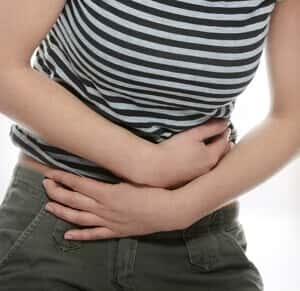
Over the last few years it has become clear that our microbiota, the collection of bacteria, yeast, fungus and other microscopic denizens of our guts, skin, reproductive tracts and other parts of our bodies, are not just along for the ride. Nor are they all bad bacteria that need to be eradicated. The ecological balance among these microbes can have profound consequences for our health, as we have written here, here and here.
A Link Between the Intestines and the Heart?
A new study suggests a disturbing connection between the bacteria in the digestive tract and the severity of congestive heart failure. Investigators analyzed stool samples from 60 people with mild to moderate heart failure. They compared them to samples from healthy control subjects.
More Pathogenic Bacteria Present in Heart Failure Patients:
There were significantly more pathogenic bacteria in the samples from the patients with heart failure. In fact, the amount of Campylobacter and Shigella bacteria and Candida fungus species was significantly greater in the stool samples from individuals with more severe heart failure.
Consequences of Bacterial Overgrowth:
The researchers point out that intestinal bacterial overgrowth can interfere with good nutrition and cause chronic inflammation. Because heart failure is associated with systemic inflammation, digestive tract pathogens contributing to intestinal permeability (“leaky gut” syndrome) might be linked to worsening of the condition. Re-establishing a healthier balance of gut bacteria might be an intriguing intervention for people with heart failure.
JACC:Heart Failure, online Dec 6, 2015
Altering Bacterial Balance:
It can be quite challenging to change the ecology of the digestive tract. Probiotics might help, but in many cases where the imbalance is severe (such as Clostridium difficile overgrowth), fecal transplant may be the most effective approach. In less acute situations, significant dietary changes may make enough difference.
We have discussed this topic in several radio interviews. You may be interested in our discussion with Dr. David Perlmutter or Dr. Lawrence J. Brandt, or writer Susannah Meadows describing how she treated her child’s arthritis by addressing his leaky gut.

